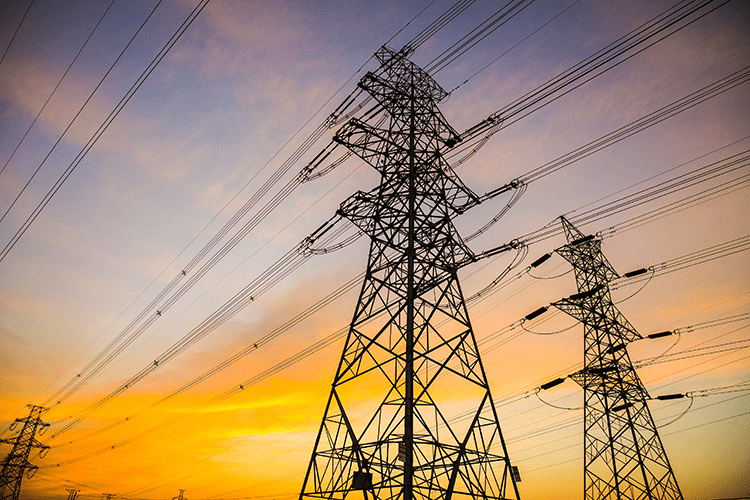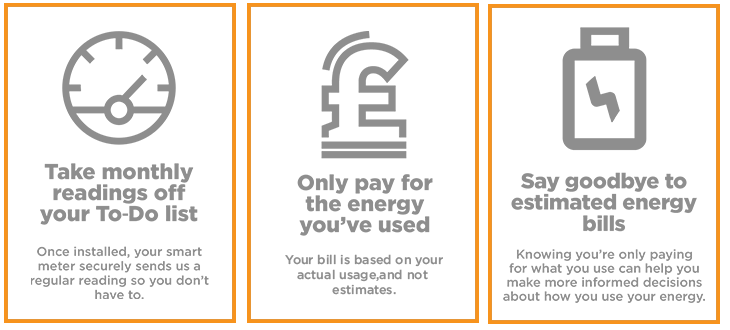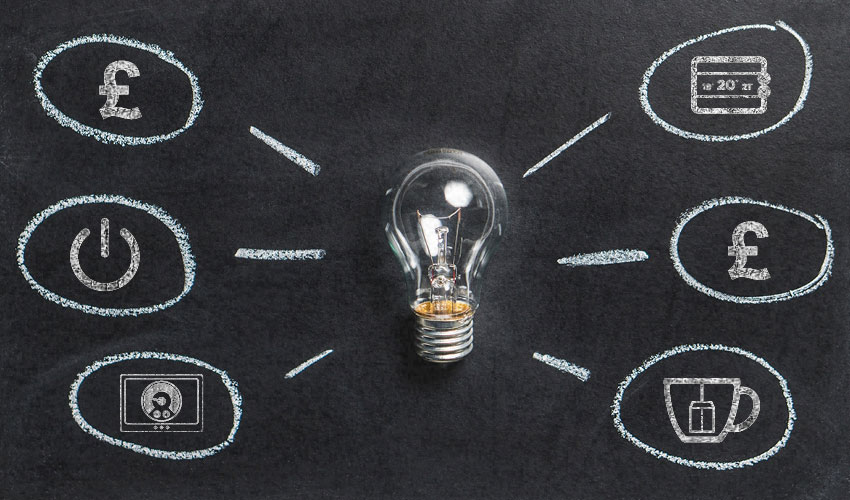
The Truth About Smart Meters – Debunking Common Myths
The UK Government wants energy suppliers to install smart meters in all businesses and homes by the end of June 2025. This is part of its effort to reduce the amount of energy used in the country and to help Britain reach net zero by 2050.
With the rise in the number of smart meters being installed, there has also been an increase in the number of myths about them.
If you’re thinking about making the switch to a smart meter, you’re in the right place!
So, let’s separate fact from fiction as we debunk some common myths about smart meters in this blog post.
Myth: I’ll need to pay to have a smart meter installed
The installation of smart meters is free.
You won’t have to pay a penny for an engineer to visit your business to replace your old meter with a smart meter, and the process is straightforward. Installation takes less than an hour, so you’ll be up and running in no time, though you should note your power may be off for around 20-30 minutes during the installation process.
Myth: My personal data is not secure
Your data is secure. Smart meters have a security system developed by leading experts in the industry and the government, including GCHQ’s National Cyber Security Centre.
Smart meters only measure your electricity or gas use, and the data smart meters capture is protected by law. Smart meters do not record, collect or store any personal data, such as your name, address and bank account details.
We protect any customer data we collect and only use it for limited purposes.
Myth: Smart meters don’t save money
According to the Department for Business, Energy & Industrial Strategy, it is estimated that smart meters will take £300 million off consumers’ bills in 2020, rising to more than £1.2 billion per year by 2030.
Smart meters mean you won’t have to worry about estimated bills.
By knowing how much energy is being used each month, you can make informed decisions about how to and your overall carbon emissions.
Myth: Smart meters can damage your health
Smart meters are safe.
The UK has strict product safety laws, and the energy industry has committed to ensuring smart meters meet the highest health and safety standards during the smart meter rollout. This means, regardless of your energy supplier, there are systems in place to make sure any issues with smart meters are identified and dealt with swiftly.
Myth: Smart meters need the internet to work
No, smart meters do not rely on the internet for them to work.
Smart meters send readings to your energy supplier via a secure, dedicated network. This network is separate from your Wi-Fi. The information sent to your supplier is encrypted, in the same way that your mobile phone sends and receives information.
Myth: I still need to submit meter readings
With a smart meter you no longer need to submit meter readings. Smart meters send automatic meter readings to us monthly via a secure data network.
This removes the hassle of a manual meter reading process and ensures you receive bills that reflect your usage first time, allowing you to spend more time on your business.
(There can sometimes be a short delay before we get automated readings and we might occasionally ask for meter readings to check that your meter is working correctly or so we can arrange for an engineer to conduct maintenance work.)
Myth: Smart meters are not good for the environment
A smart meter can help businesses track how much energy they’re consuming and learn how to conserve the amount of energy they use. The more efficiently businesses use their energy, the more it benefits the environment.
According to Smart Energy GB, if everyone has a smart meter, we could reduce carbon dioxide emissions equivalent to the savings made by around 70 million trees. That’s a lot of trees!
Businesses can use their smart meters to reduce electricity usage during peak periods when electricity is most expensive; doing so will help reduce our reliance on additional power stations and ultimately help the UK achieve its goal of becoming carbon neutral by 2050.
Myth: I rent a property, so I won’t be able to get a smart meter
If you’re the energy account holder and you pay the energy bills, not your landlord, then you can get a smart meter.
The energy regulator, Ofgem, has said that if your tenancy agreement says you need your landlord’s permission to alter the electricity meter at your property, they should not stop you without a good reason.
Just to make sure, we recommend you check this with your landlord. Your tenancy agreement may have details about how electricity and gas are supplied to the property.
Should I get a smart meter?
We’ve busted some of the most common myths about smart meters. Switching to a smart meter can help you save time, money, and carbon emissions. If you don’t have one already, there’s never been a better time to book an installation.
The UK’s smart meter rollout is already well underway, with 28.8 million meters installed in small businesses and homes. There are many benefits you can experience from having a smart meter installed in your business:

Call us on 0161 946 4444 to book your free smart meter installation, or click here to fill in an online request form
Still unsure? Find out more information on how smart meters work and the benefits it can bring to your energy usage here.

